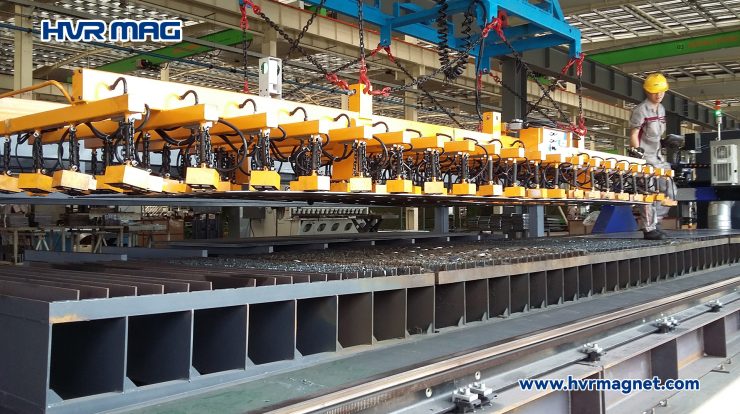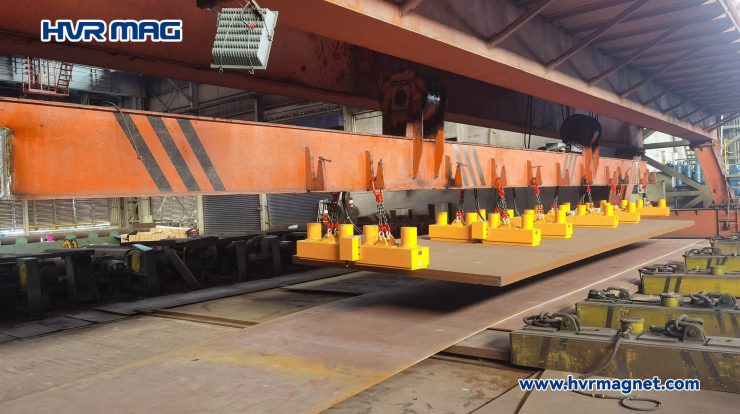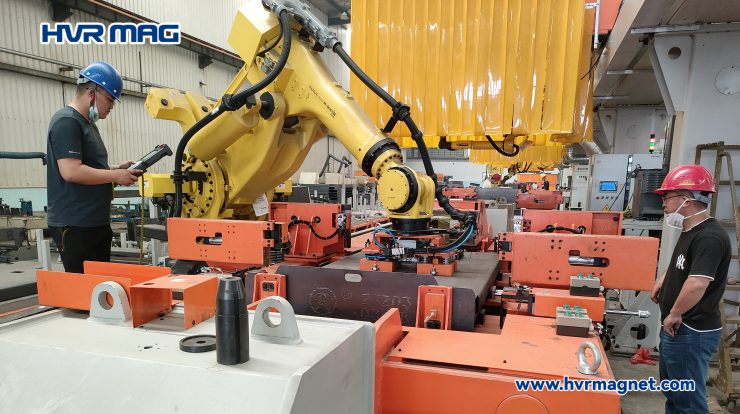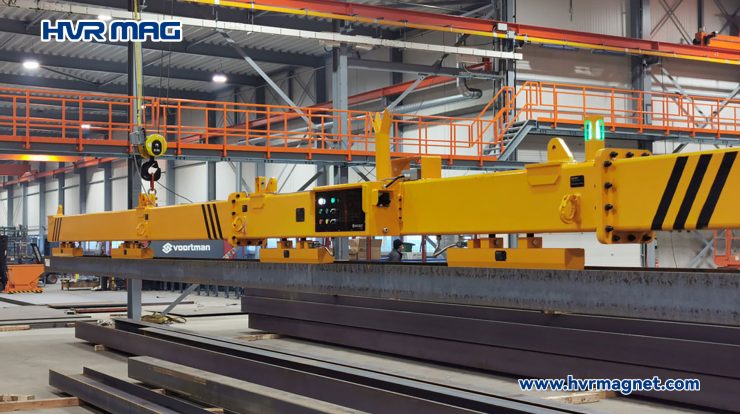New Cat® Pin Grabber Coupler Satisfies Current Safety Regulations and Delivers Added Customer Value
var addthis_product = ‘wpp-262’;
var addthis_config = {“data_track_clickback”:false,”data_track_addressbar”:false};if (typeof(addthis_share) == “undefined”){ addthis_share = [];}
The innovative new Cat®Pin Grabber Coupler for excavators meets or exceeds global industry standards for coupler safety, including the European Union EN474 standard and the ISO/DIS-13031 “best practices” ruling. The new coupler, designed and built by Caterpillar, not only satisfies new safety criteria but also adds significant customer value by enhancing overall machine versatility and productivity. The coupler design has earned several patents, and more are pending.
The new Cat Pin Grabber Coupler will be the only coupler available for factory and retrofit installations. It can be used for all Cat D, E and F Series excavators, models 311 through 390. The new coupler works with Cat buckets and most competitive buckets. Specialty designs include a narrow frame version to accommodate certain competitive buckets and a trencher version that fits within the width of the smallest trenching buckets.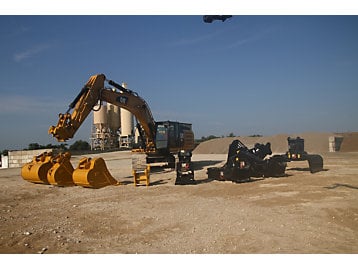
When employing Caterpillar’s range of buckets and specialized work tools, Cat equipment customers have the distinct advantage of using a machine, coupler and work tool all designed by the same manufacturer—and all designed to function seamlessly together as an efficient, highly productive system. This integrated approach results in value-added features—some seen, some transparent—such as connector lines routed through machine linkage for maximum protection and Caterpillar’s long experience in metallurgy, application knowledge, manufacturing expertise and machine balance. Additionally, most F Series excavators have auxiliary hydraulic systems ready to run the coupler right from the factory. Customers also have the further advantage of single-source support—the local Cat dealer.
Design details
The new Cat Pin Grabber Coupler is designed for an optimum weight-to-strength ratio, reducing pounds but ensuring durable performance in the most severe applications. Weight reduction, as much as 10 percent for some models, is a significant achievement in coupler design and serves to enhance machine performance. In addition, the coupler incorporates a short-profile design that reduces tip radius (distance from the stick mounting pin to the bucket cutting edge) for added digging power, greater fill ratios and fuel conservation—all with enhanced machine stability.
In any coupler application, operation of the coupler can be hampered by dirt, rock and debris that might pack into and around the coupler. To substantially reduce this risk, the new Cat Pin Grabber Coupler incorporates a debris shield that completely covers the top of the coupler, which helps ensure proper coupler operation and reduces maintenance by eliminating the need for the operator to periodically stop the machine to clear obstructing material.
The customer-focused design features a lifting eye centered on the back of the coupler (matching the stick centerline), a design that assists operators in keeping loads aligned and in maintaining more precise control when placing items such as trench boxes. In addition, the redesigned shape of the eye, similar in design and size as those used on buckets, accepts larger shackle sizes and enhances stability of the shackle.
Routine maintenance of the new coupler is simplified with a central greasing block located on the side of the coupler and allowing service for all but two of the coupler grease points. This feature is a time saver and encourages proper maintenance.
The new Cat Pin Grabber Coupler also features a wedge-lock system for primary pin retention and a positive secondary latch. The system maintains constant hydraulic pressure on the wedge, and the coupler frame—rather than the activating cylinder—absorbs most of the force to help ensure long-term durability. In compliance with new safety regulations, the coupler maintains tool position in the event of hydraulic pressure loss, and the operator can positively verify from the cab that the coupler is locked.
More info

